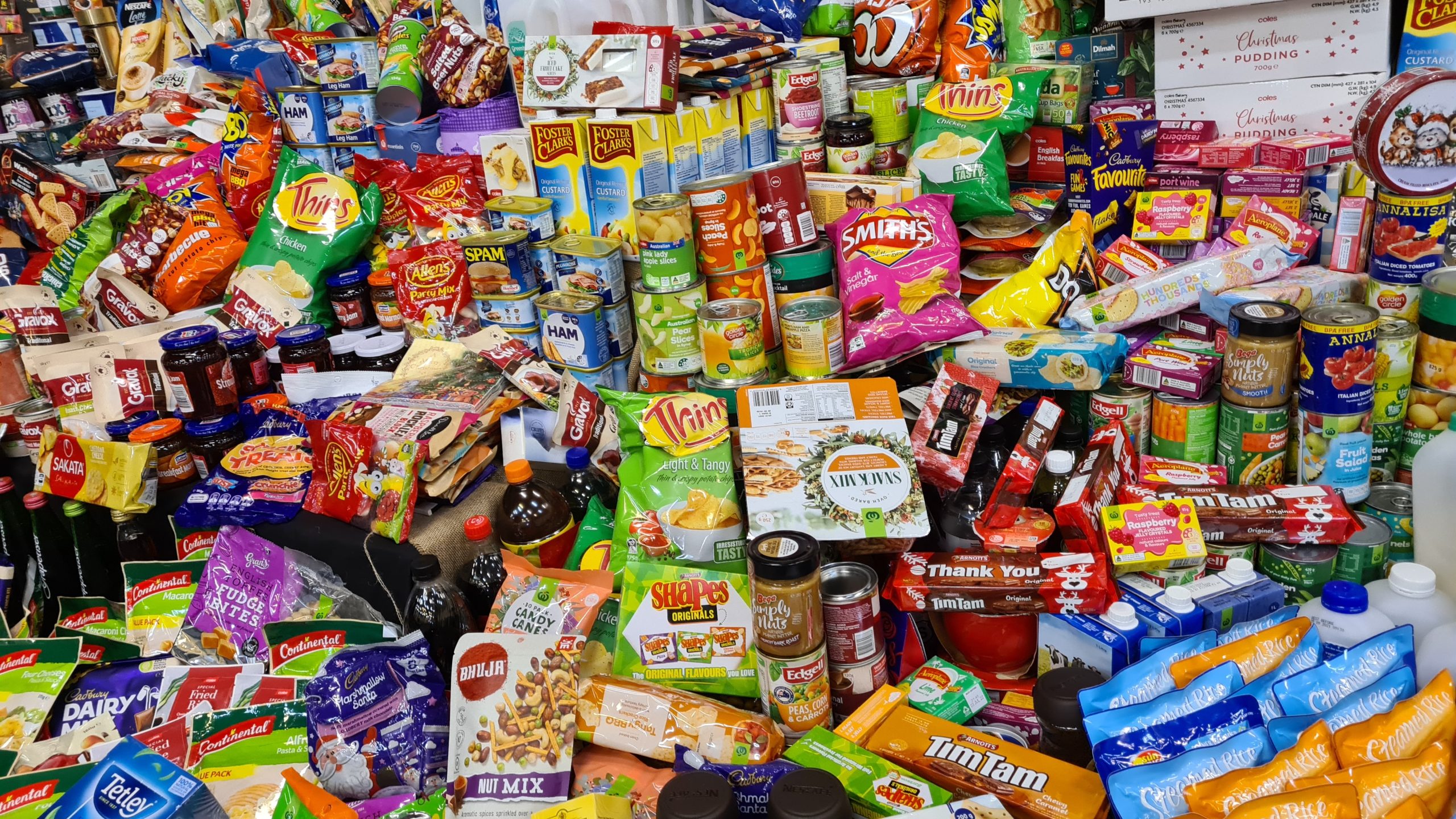Are you tired of constantly dealing with food crises in your kitchen? Do you feel like no matter how much you plan, something always goes wrong? It’s time to take a step back and reassess your approach. In this blog post, we’ll share five practical ways to avoid managing a food crisis so that mealtime can be stress-free and enjoyable once again! Whether it’s better planning, smarter shopping or learning new cooking techniques – we’ve got you covered. So let’s dive in and say goodbye to those pesky food emergencies for good!
Keep a stash of non-perishable food items
When it comes to non-perishable food items, it is always better to err on the side of caution and have too much rather than not enough. This is especially true if you live in an area that is prone to Natural disasters or other emergencies.
Some non-perishable food items that you may want to consider stocking up on include: canned goods, dried fruits and nuts, granola bars, crackers, peanut butter, and cereals. These are just a few examples – the sky is the limit when it comes to stocking up your non-perishable food items.
Another tip is to keep your non-perishable food items in an easily accessible place. This way, if you ever find yourself in a situation where you need to grab your food and go, you can do so quickly and without any hassle.
Have a plan for when and how you will shop for groceries
When it comes to grocery shopping, it is important to have a plan. This means knowing when you will shop and how you will get your groceries. It is also important to have a budget in mind so that you do not overspend.
If you can, try to shop for groceries once a week. This will help you to stay on track and avoid making impulse purchases. If you need to go more than once a week, that is okay, but try to stick to a schedule as much as possible.
There are a few different ways to get your groceries. You can go to the store, order online, or use a delivery service. Each option has its own set of pros and cons. Consider what will work best for you based on your needs and lifestyle.
Whenever possible, try to use coupons and take advantage of sales. This can help you save money on your groceries each month. With a little planning, you can avoid managing a food crisis and stick to your budget.
Know your food expiration dates and keep track of them
1. Know your food expiration dates and keep track of them:
Food expiration dates are important to know and keep track of for a number of reasons. Obviously, you don’t want to eat expired food, but beyond that, keeping track of expiration dates can help you save money and avoid waste.
If you’re buying fresh produce, make sure to check the expiration date before purchasing. This will ensure that you’re getting the most bang for your buck, and it’ll also help you plan out when you need to use the produce so that it doesn’t go bad. The same goes for meat – check the expiration date before buying, and make a note of when you need to cook it so that it doesn’t go bad.
When it comes to canned goods and other non-perishables, pay attention to the “use by” date rather than the expiration date. The “use by” date is when the quality of the food starts to decline, so as long as you use the product before that date, it’ll be fine. However, if it’s past the “use by” date, it’s best to err on the side of caution and throw it away.
Finally, keep track of what you have in your pantry and fridge so that you can rotate through your products before they expire. A good rule of thumb is to put new items in the back and older items in the front so that you’re more likely to use them up
Cook meals at home from scratch using whole ingredients
Cooking meals from scratch at home is a great way to avoid a food crisis. By using whole ingredients, you can be sure that you’re getting the most nutrition possible. Additionally, cooking at home allows you to control what goes into your food, so you can avoid any unwanted additives or chemicals.
Reduce food waste as much as possible
It is estimated that up to 40 percent of the food in the United States is wasted. That’s a lot of perfectly good food going into the trash! There are easy ways to reduce food waste and save money.
One way to reduce food waste is to plan your meals. This can help you use up ingredients before they go bad. When you know what you’re going to make ahead of time, you can also shop for just the right amount of food.
Another way to reduce food waste is to store food properly. Be sure to check expiration dates and follow storage instructions on packages. You can extend the life of fresh produce by keeping it in the fridge or freezer.
If you do end up with extra food, don’t throw it away! Donate non-perishable items to a local food bank or shelter. And if you have leftover cooked food, send it home with friends or family members.










